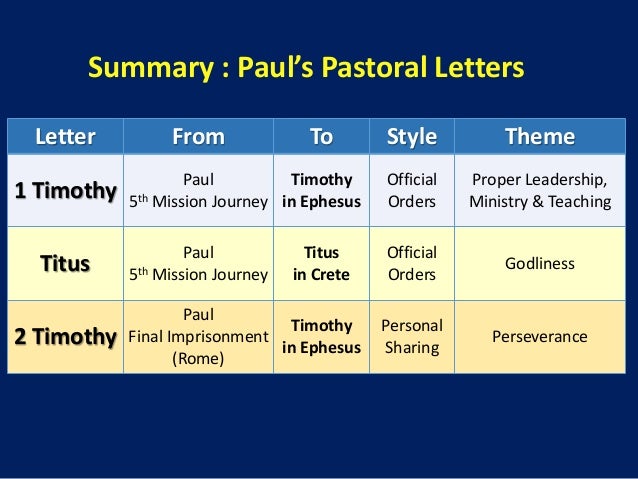Notes on Amartya Sen’s “Development as Freedom” Published in Staff Memos 8-10 (2010), School of Economics, University of Asia and the Pacific, ISSN 0116-3515 The greeting “May you have a prosperous New Year” is always appreciated, for prosperity is something we wish for ourselves and for others. Development as Freedom Amartya Sen Oxford University Press 1999 Summary by Valerie Iles in 2001 Introduction Development can be seen as a process of expanding the freedoms that people enjoy. And if freedom is what development is about then it makes sense to concentrate on that rather than on some of the means or instruments of achieving it.
| Author | Amartya Sen |
|---|---|
| Language | English |
| Subject | International development |
Publication date | 1999 |
| Media type |
Development as Freedom is a 1999 book about international development by Indian economist and philosopher Amartya Sen.
The American edition of the book was published by Alfred A. Knopf.
Background[edit]
Amartya Sen was the winner of the 1998 Nobel Prize in Economics.[1] Development as Freedom was published one year later and argues that development entails a set of linked freedoms:
- political freedoms and transparency in relations between people
- freedom of opportunity, including freedom to access credit; and
- economic protection from abject poverty, including through income supplements and unemployment relief.
Poverty is characterized by lack of at least one freedom (Sen uses the term unfreedom for lack of freedom), including a de facto lack of political rights and choice, vulnerability to coercive relations, and exclusion from economic choices and protections.
Development As Freedom Summary Chapter 1
Based on these ethical considerations, Sen argues that development cannot be reduced to simply increasing basic incomes, nor to rising average per capita incomes. Rather, it requires a package of overlapping mechanisms that progressively enable the exercise of a growing range of freedoms. A central idea of the book is that freedom is both the end and a means to development.
Canadian social scientist Lars Osberg wrote about the book: 'Although Development as Freedom covers immense territory, it is subtle and nuanced and its careful scholarship is manifest at every turn.'[2]Kenneth Arrow concluded 'In this book, Amartya Sen develops elegantly, compactly, and yet broadly the concept that economic development is in its nature an increase in freedom.'

See also[edit]
References[edit]
- ^'The Sveriges Riksbank Prize in Economic Sciences in Memory of Alfred Nobel 1998'. Nobel Foundation. Retrieved April 28, 2019.
- ^Osberg, Lars. 'Development as Freedom'(PDF). Comptes Rendus.
Further reading[edit]
Development As Freedom Chapter Summary
- Sen, Amartya (1999). Development as freedom (1st ed.). New York: Oxford University Press. ISBN9780198297581.
- Sen, Amartya (2001). Development as freedom (2nd ed.). Oxford New York: Oxford University Press. ISBN9780192893307.
- Tungodden, Bertil (2001). A balanced view of development as freedom. Bergen, Norway: Chr. Michelsen Institute (Working Paper Series). ISBN978-8290584998.Pdf version.
- Sandbrook, Richard (December 2000). 'Globalization and the limits of neoliberal development doctrine'. Third World Quarterly. 21 (6): 1071–1080. doi:10.1080/01436590020012052.



